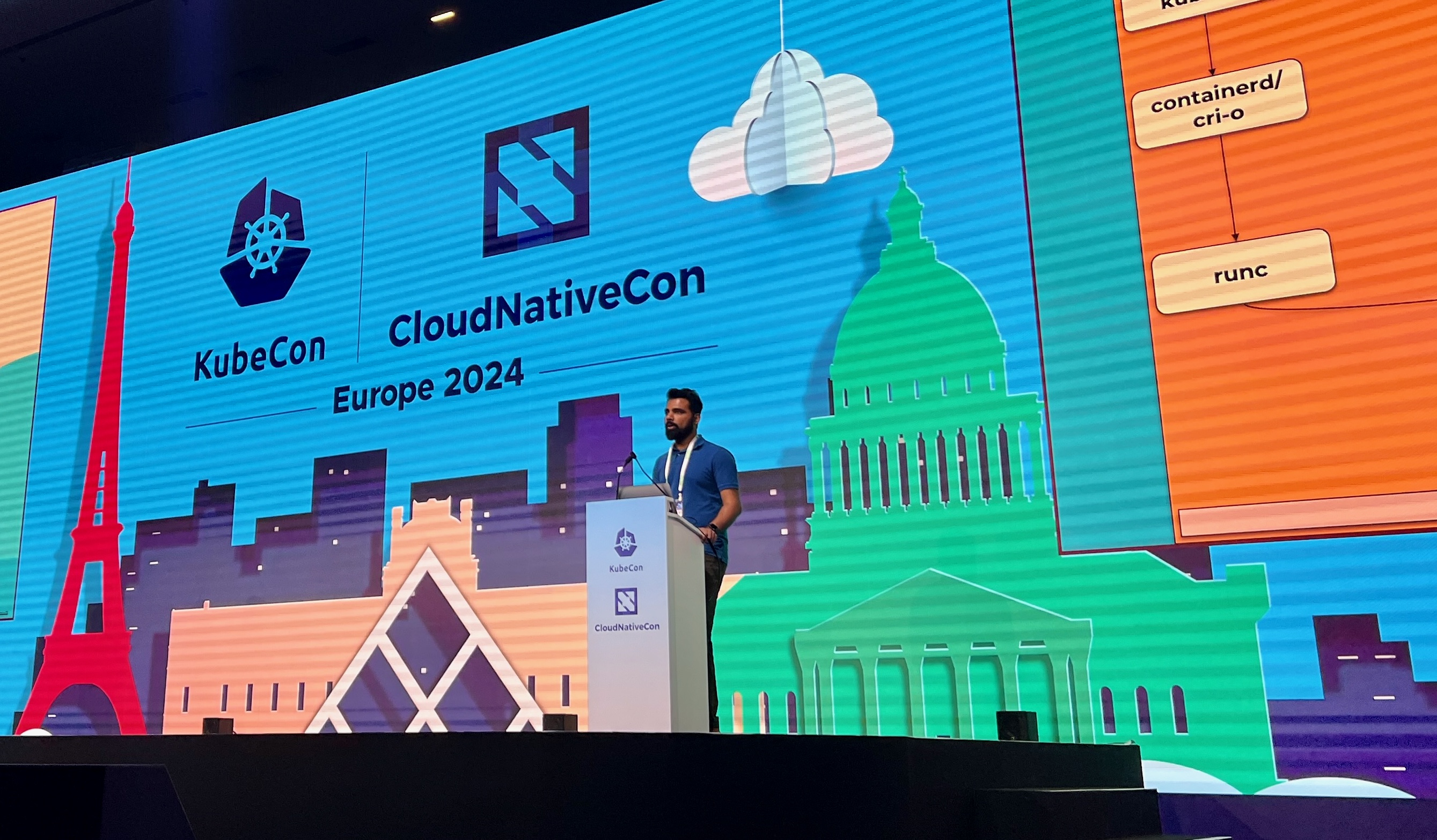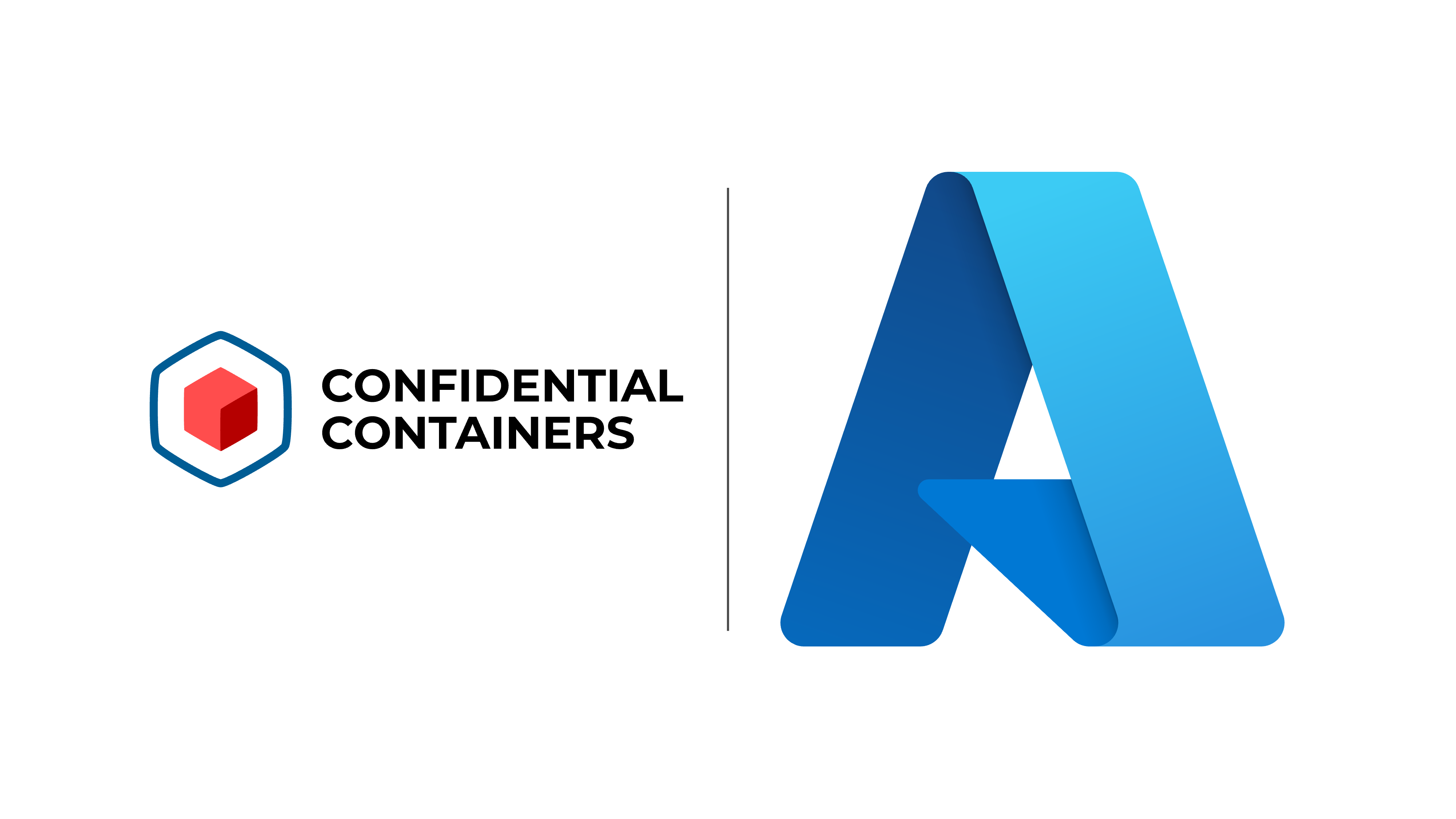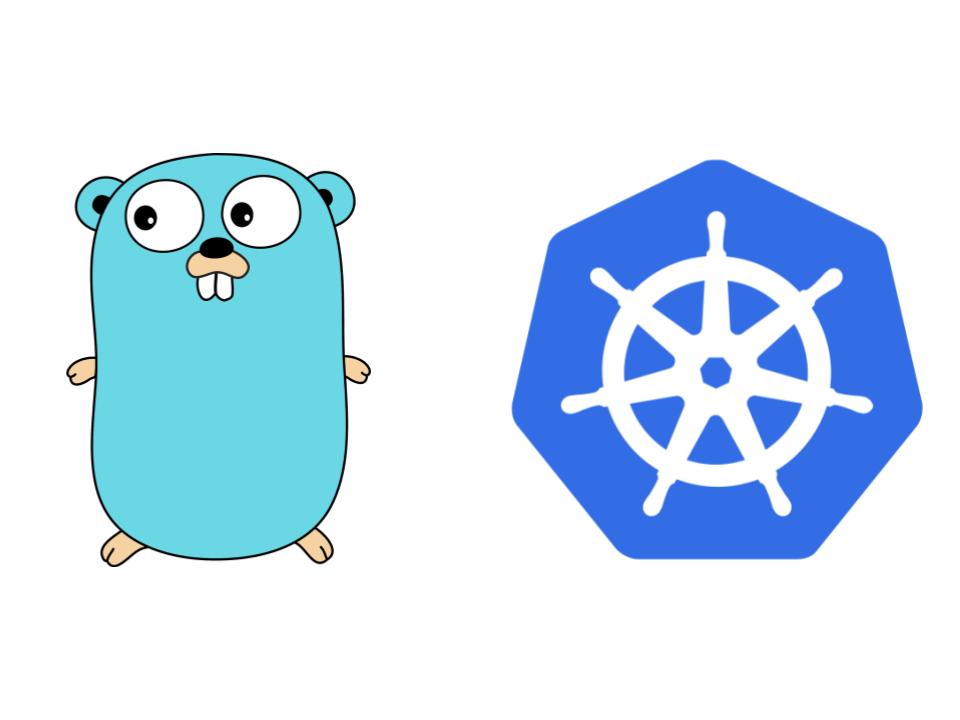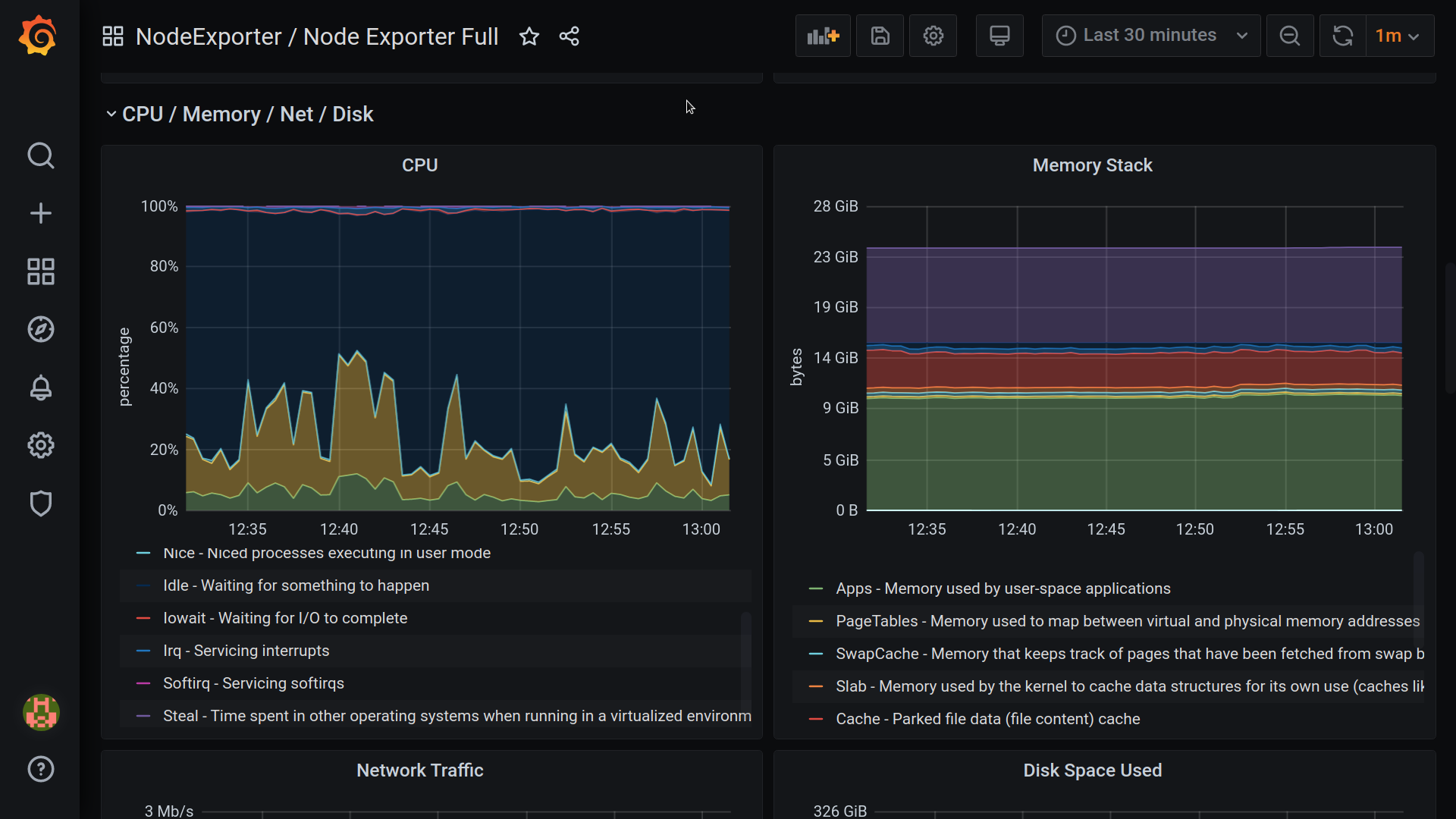
Suraj Deshmukh's talks at conferences
LLMs on Kubernetes: Squeeze 5x GPU Efficiency With Cache, Route, Repeat! - Kubecon North America 2025 Confidential Containers 101: A Hands-on Workshop - Kubecon North America 2024 Fortifying AI Security in Kubernetes with Confidential Containers (CoCo) - Kubecon Europe 2024 Memory Armor for SPIRE: Fortifying SPIRE with Confidential Containers (CoCo) - Kubecon Europe 2024 Misfits - Feat. ContainerSSH and Confidential Containers (You Choose!, Ch. 3, Ep. 10) Confidential Containers: The Next Frontier in Cloud-NativeSecurity - Cloud Native Rejekts 2023 Building Container Defences Executable at a Time - KCD Bangalore 2022 PSP and Beyond - Kubernetes Bangalore Meetup June 2021 Hardening Kubernetes by Securing Pods - Rootconf 2019 State of Kubernetes Meetups - DevOpsDays India 2017 Making Kubernetes Simple For Developers - Rootconf 2017 Taking docker-compose to Production - Gophercon 2017 Lightening talk








